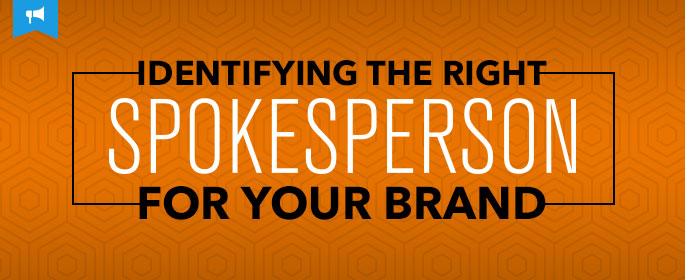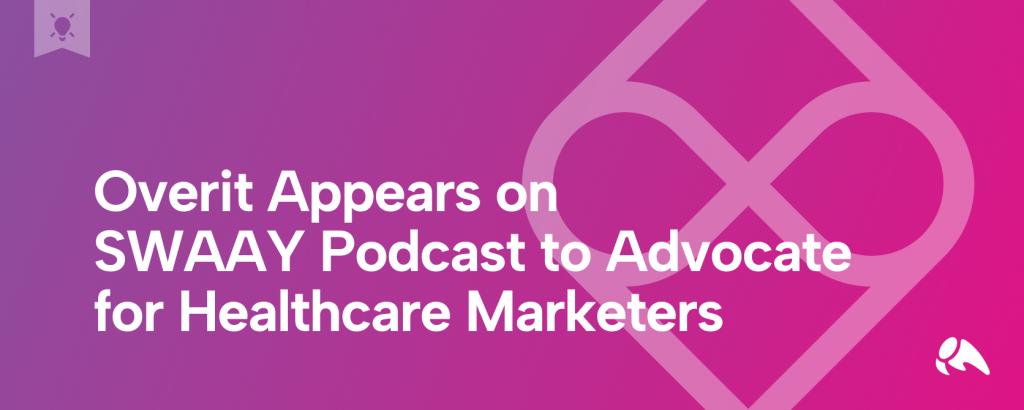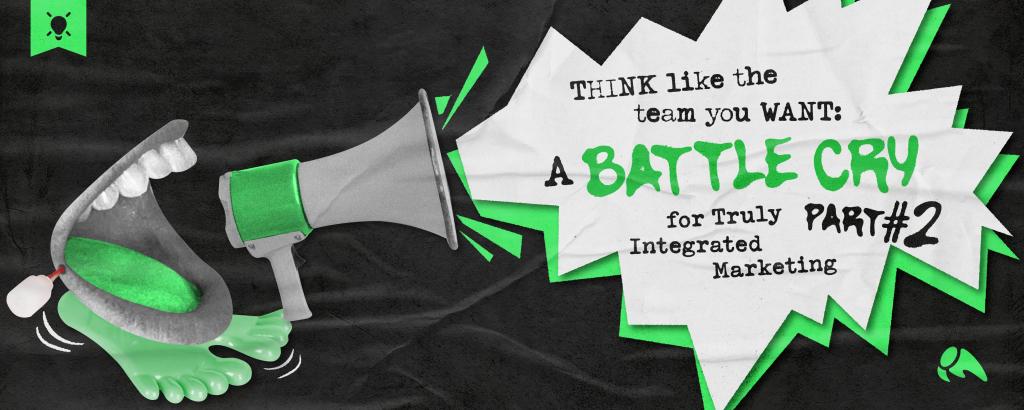
Scenario #1:
Your company has big announcements. Press opportunities. Special events. Who is your company’s spokesperson?
Scenario #2:
Your company is facing criticism. A crisis. An unexpected turn of events. Who is your company’s spokesperson?
Scenario #3:
Your company is talked about online and in-person every day, with your sales team, the people at your front desks and cash registers, the people handling your social media accounts. In these cases, who isn’t your spokesperson?
The people that speak – and act – on behalf of your brand are critically important. When events occur, expected or unexpected, you need people who are polished and ready to speak on behalf of your brand to the reporters, bloggers and the public. Choosing the right spokesperson (or people) can protect your brand’s image, while choosing the wrong spokesperson can have disastrous effects, especially when it comes to working with members of the press.
When you ask an individual to speak on your company’s behalf, what they say and do – whether between the hours of 9 to 5 or outside of it – impacts the company. Just like when you give individuals the keys – er, passwords – to your brand’s social media accounts, they are responsible for the brand’s reputation.
Therefore, choosing your spokespeople should be a strategic discussion, not an afterthought. By taking the following points into consideration, your company will be primed with the right representative(s) at the right time.
Examine Qualifications
When choosing the right spokespeople for your organization, you want to take a look at:
- Their role within the company.
- Background in your industry – at your company and outside of it.
- Previous experience with the method of communication (from press briefing and press conference to even a Reddit Q&A).
- Their comfort speaking to the topic being discussed.
- Their credibility (based on experience) paired with communication skills (ability to appear poised and credible).
- Their maturity and ability to stay calm under pressure and/or handle negativity.
Sometimes, companies automatically turn to the communications director to act as the spokesperson on all news announcements. However, unless the story is directly related to that department, find a person from the team who is associated most closely with the subject matter at hand. For example, if a reporter wants to do a segment related to a new law that’s impacting your industry, get your team’s lawyer on the phone. They’ll have the education and insight needed to accurately respond to the reporter’s questions in-depth.
The qualifications you’re going to look for in a spokesperson may vary depending on the situation.
- When responding to a company crisis, you definitely want a senior level executive to make a statement. Showing that they’ve taken the time to address any issues immediately sends the message, “We’re taking this seriously, and we care what you think.”
- However, for a lighter, positive piece on the company’s culture or a new hire, for example, look for a person with the best insight on the topic and who is properly prepared for any media opportunities that arise.
- Of course, not every bit of communication with 3rd parties from press to customers can be run up the chain of command – that’s why you must ensure all of your staff members are trained to know how to interact with the public and understand when to refrain from commenting on an issue that truly is delicate.
Measure Charisma & Reputation
When you think of examples of great company voices, which come to mind? Steve Jobs, Sheryl Sandberg, or Ralph Lauren, perhaps. These people have personalities that excite the public.
We often tell our clients that securing a media interview doesn’t guarantee a placement. It’s up to your company spokesperson to ultimately convince the reporter that your story is worth telling. A large part of persuading a journalist to cover your news is getting them to like your spokesperson. A charismatic, likeable personality plays a large role in this. A representative who is abrasive or condescending will likely result in publicity you’d rather not receive.
Over the past few months, a number of representatives from notable organizations stepped down from their roles, including Dov Charney from American Apparel, Sean Rad from Tinder, and James Atchison from SeaWorld. For these individuals, who often acted as spokespeople for their brands, it’s been a tumultuous ride, littered with scandals whether personally or professionally.
The old adage says, “There’s no such thing as bad publicity.” However, Atchison may counter that by saying that since the release of CNN’s documentary, “Blackfish,” SeaWorld has seen its stocks and profits plummet. Charney’s sexual harassment cases, which were publicized repeatedly, have often been cited as a big reason that American Apparel’s success has waned. And the lawsuit against Tinder’s co-founders has been speculated to be a main component of why Rad resigned at the end of last year.
It may seem unfortunate that personal and professional boundaries are not separated in the media. Should Atchison be punished for the publicity surrounding SeaWorld? And should American Apparel be chastised for Charney’s inappropriate behavior?
Every company and spokesperson needs to understand that there is no disconnect between the personal and professional lives of spokespeople.
When you represent a company,,. you are the company. You must protect its reputation.
Make sure that your spokeperson’s personal story and actions won’t discredit your company. Again, what your employees say and do outside of work can reflect poorly on your company, and reporters will dig to learn more about the people your company promotes.
Consider Level of Preparation
Despite how amiable and well-informed your spokesperson is about your company, make sure they’re well-versed in the details of whatever particular conversation they’re about to have, in-person, over the phone or online.
If you’re working with a spokesperson that has never interviewed with the press before, you may consider media training before arranging any briefings. This can include best practice tips, mock interviews, reviewing brand messaging and more.
If your spokesperson is an interviewing pro, spend some time getting them up to speed on what the reporter is looking to discuss. Nothing frustrates a reporter more than when they get on the phone, and the interviewee is wasting their time on a topic that they didn’t want to talk about. Give your representative an overview of your conversation with the reporter, some background information on the journalist’s beat, and key talking points they should hit. Prepare them in advance so that if they have questions, they have time to chat with you before the interview.
Conclusion
Take the time to find the most qualified representative for each press-based media opportunity, and pay attention to all other interactions – through social, blog comments and more – that also reflect your brand.
Anyone interacting with the public, in any capacity, will automatically become a spokesperson. Be sure to meet with your team and brief them on interview etiquette, what should and should not be discussed with the public, and remind them that there’s no such thing as “off the record.”







